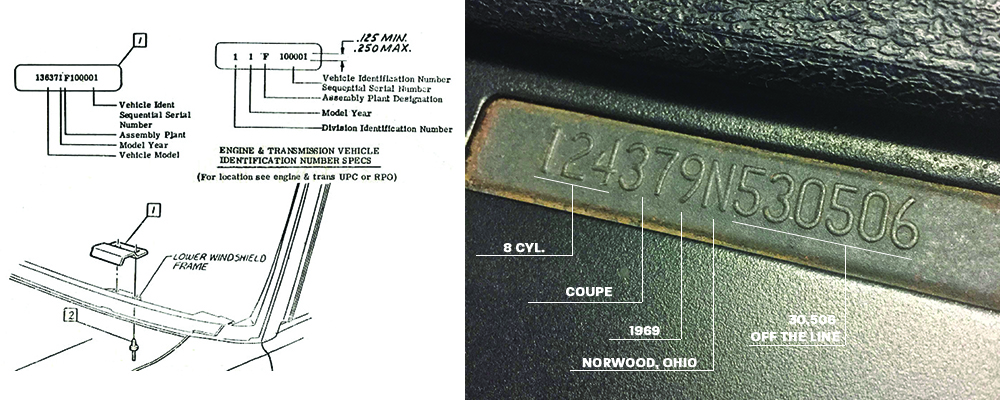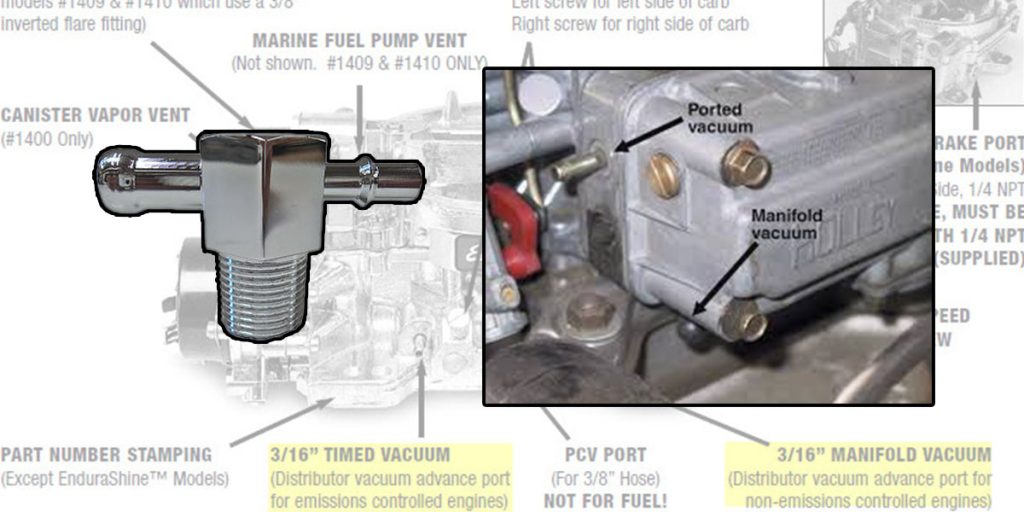How To Decode Your Camaro's Vin Code
Nobody wants to find out that the ‘dream’ Camaro they spent hard earned money on was someone’s sister’s inline 6 with a fresh coat of paint, instead of a highly desirable Z/28 or the holy grail of Camaros, the ZL1.
Thanks to VIN codes, this situation could be avoided entirely, ensuring that your money is well spent when it comes to your dream car. If you’re new to classic cars or are just looking to refresh your memory on how to decode your Camaro’s VIN code tag, you’ve come to the right place.
The VIN code on all cars is essentially the DNA of the car and will tell you everything you need to know about the car’s origins. With the car’s VIN code, you can find out what year the car was made, what model the car was, where the car was manufactured, what motor and transmission was original to the car, the body style of the car, certain equipment packages and trims, and at what point it came off the assembly line. With this information, you’ll be able to determine exactly what the car really was when new, no matter the condition you find it in currently. Whether it’s quietly rusting away in a field or fresh after a frame off restoration, you’ll know what the car really is.
In this article, we’ll walk you through step-by-step on how to decode your Camaro’s VIN code. Armed with this information, you can be sure that you’re getting the car of your dreams and not your nightmares!
Step 1: Locate the VIN tag on your Camaro
The location of the VIN code tag for 1967-1981 Camaro’s will be on top of the dashboard on the driver side of the vehicle.
Do not mistake the vehicle identification number for the information found on the Fischer Body number plate or trim tag. While these do share some information they detail different aspects of the vehicle.

Step 2: Its all in the Numbers
After you locate your VIN code you’ll want to write down the thirteen digits that make up the VIN code. These numbers are critical to finding out all the information you’ll need on the history of your Camaro. For an example code we’ll use a 1974 Camaro.
VIN Code:
1 Q 8 7 T 4 N 1 7 0 0 0 6
Step 3: Cracking the Code
Now that our vin code is written down it’s time to start making some sense of it all. Head over to this article for a detailed breakout of what each number and letter stand for.
The first character classifies the division of General Motors the car was introduced by. In our case it’s the number 1, which stands for Chevrolet.
The second character classifies the series model. In our example the character is Q, which stands for Camaro.
The third and fourth character classifies the body style and model of the vehicle. In our case the numbers are 8 and 7, which stands for a 2-door coupe body style.
The fifth character classifies the engine in which the car was produced with. For us that character is T. This means our Camaro was equipped with a 350 C.I. Z/28 engine.
The sixth character classifies the year of the Camaro. On our vin code we see the number 4, which stands for 1974.
The seventh character represents the pant in which the Camaro rolled offf the assembly line. In our case this letter is N which stands for the Norwood Plant in Ohio.
The eight through thirteenth character classifies the sequential production number. Our vin code ends with the numbers 1 7 0 0 0 6. This tell us that our 1974 Camaro was the 70,006th Camaro to roll off the assembly line.




